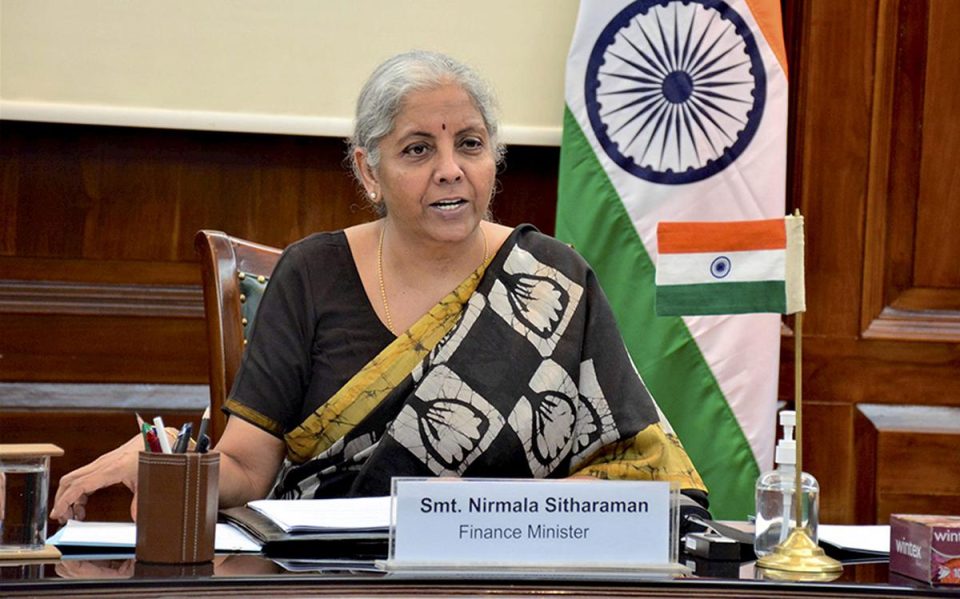Finance and Corporate Affairs Minister Nirmala Sitharaman chaired four pre-budget consultations with leading economists, financial and capital markets experts, industry leaders, associations, and representatives from Farmer Associations and Agriculture Economists.
There is no official announcement on the date of the presentation of the Union Budget for the fiscal year 2024-25, but reports suggest that it is expected to be tabled in the Parliament during the Monsoon Session, likely in the third week of July. The Monsoon Session of Parliament is anticipated to begin on July 22 and continue till August 9.
The Union Minister of State for Finance, Pankaj Chaudhary, along with the finance secretary, the secretaries of the departments of economic affairs, revenue, financial services, and corporate affairs, and the chief economic adviser were present at the meeting.
Economist Ashwani Mahajan told PTI, “We had the first pre-budget meeting. Top economists from across the nation attended and gave their suggestions about the budget.”
On Thursday, FM Sitharaman held the second pre-budget consultation meeting with leading experts in the financial and capital markets sector. Union Minister of State for Finance Pankaj Chaudhary, Finance Secretary, and Secretaries of various departments attended the meeting.
The Indian Venture and Alternative Capital Association (IVCA) urged the government to create a more enabling regulatory environment to promote the growth of the alternative asset industry in India. They suggested mainstreaming AIF investments and encouraging domestic insurance and pension funds to participate in financing infrastructure, credit, and start-ups.
The finance minister met with industry leaders and associations for the third pre-budget consultation, where PHD Chamber of Commerce and Industry (PHDCCI) recommended boosting the manufacturing sector, supporting consumption demand, and providing relief to middle-income groups by revising tax slabs. PHDCCI also proposed 10 reforms to strengthen India’s journey towards Viksit Bharat:
1) Enhance the manufacturing share in GDP to 25% by 2030,
2) Expand the PLI scheme to include more than the existing 14 sectors,
3) Extend the classification norms of MSMEs for NPAs from the 90-day limit to 180 days,
4) Rationalise direct taxes for the middle class,
5) Focus on tier 2 and 3 cities with state-of-the-art infrastructure and develop smart villages with adequate public utilities,
6) Maintain the current corporate tax rates,
7) Strengthen University-Industry linkages to boost Research and Development (R&D) activity,
8) Reduce the costs of doing business, including capital, power, logistics, land, and compliance,
9) Implement the four labour codes across the states to enhance industry competitiveness, and,
10) Strengthen supply chains and address shortages in key food items to mitigate inflationary pressures.
Subhrakant Panda, Immediate Past President of the Federation of Indian Chambers of Commerce (FICCI), emphasised the need to support growth momentum by boosting demand, infrastructure development, controlling food inflation, supporting MSMEs, and prioritising innovation and research & development. He also highlighted the importance of simplifying the tax system and keeping an eye on global developments.




